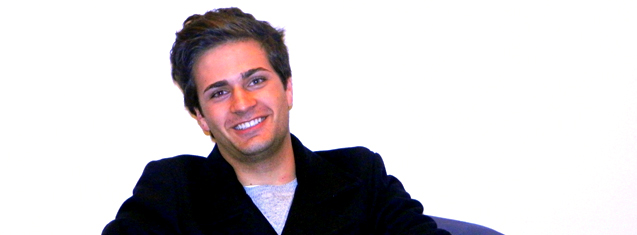
Stefan van der Westhuizen is a third-year medical student at Kovsies and although he performs well academically, it is not only his studies that keep him busy.
In 2012 Stefan was part of the Leadership for Change programme visiting the International Christian University in Tokyo and in 2013 he visited Stanford’s Sophomore College in California. More recently, he was a guest speaker at this year’ Kovsie Open Day.
His message to current and prospective Kovsies is as follows.
“It is important to me that all students should know: at Kovsies it isn’t only about what you see at the surface. At Kovsies we build a holistic student. And there is a great variety of opportunities – this is what made me decide to come here.”
“The more you do, the more you can do. Something important that I would like to say to prospective medical students, is: here at Kovsies you will not only swot medicine. You learn to be a human being. And this is something you won’t find at other universities.”
“You must decide what you want to achieve, who you want to be and where you want to make a difference. I would rather be a 60% medical student than a 60% human being.”
Stefan would like to go abroad again in future, but then he would like to study at an American medical university. He aims to eventually specialise in cardiothoracic surgery.